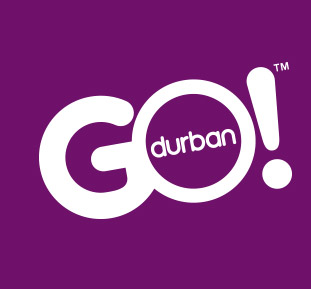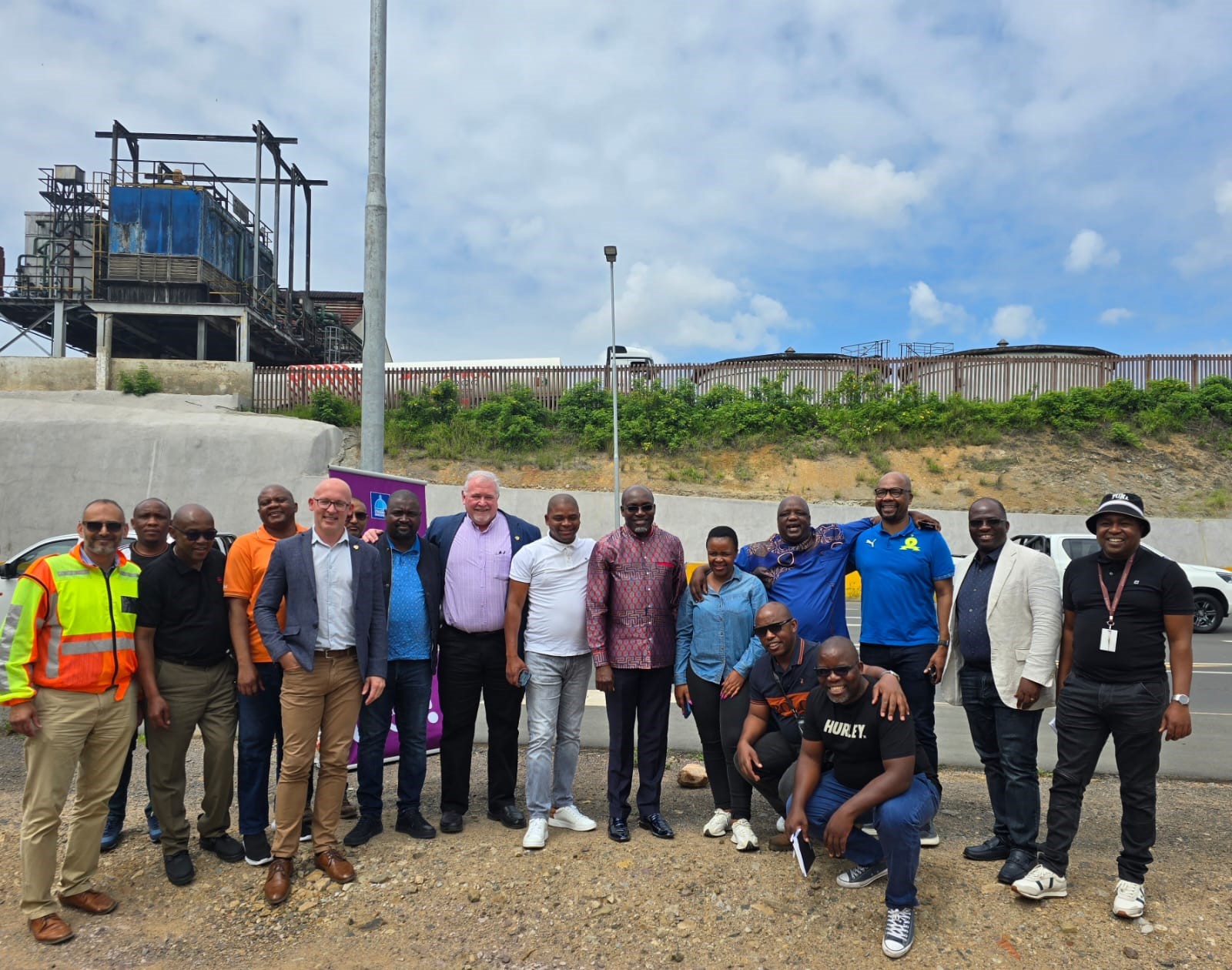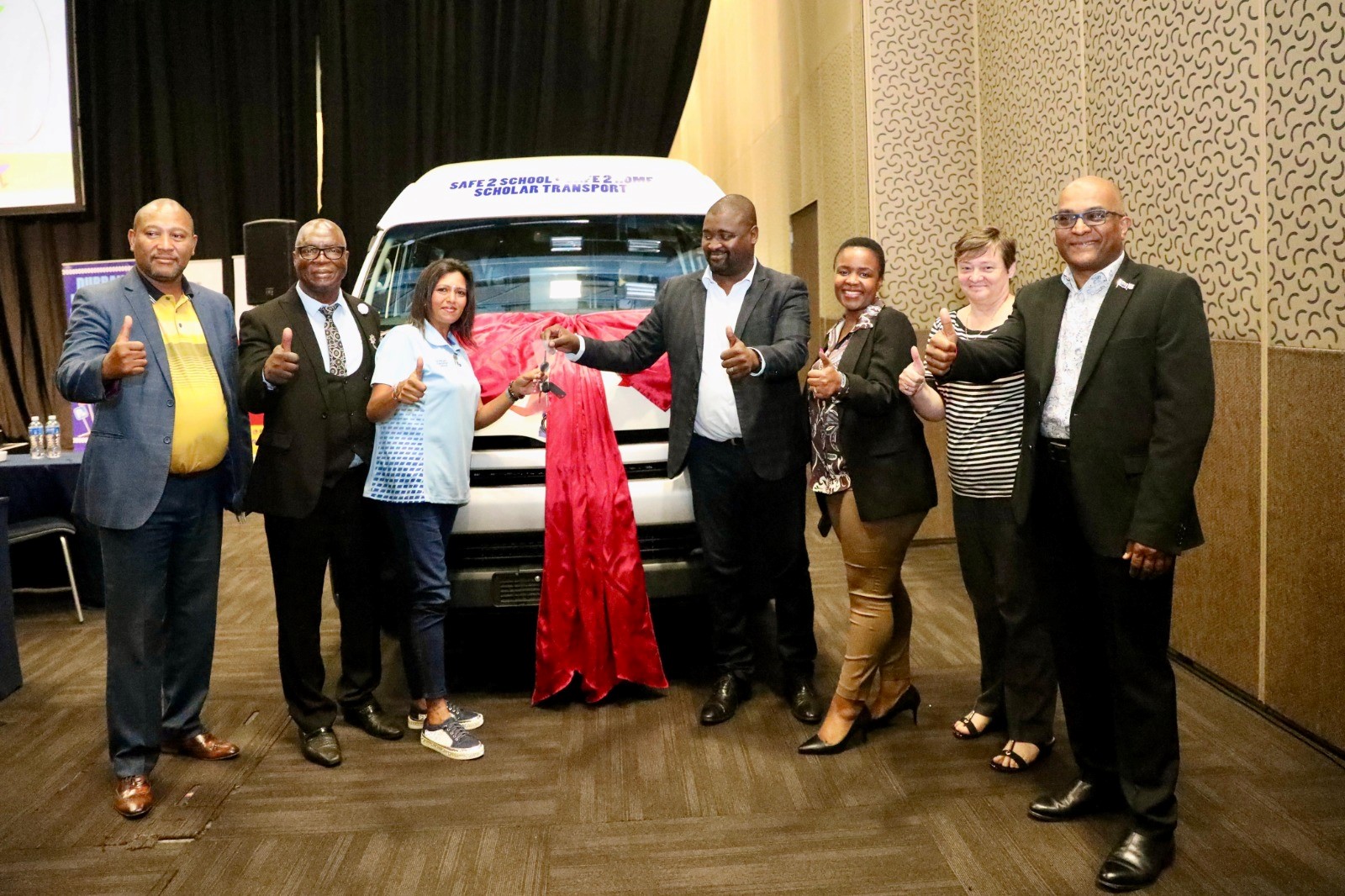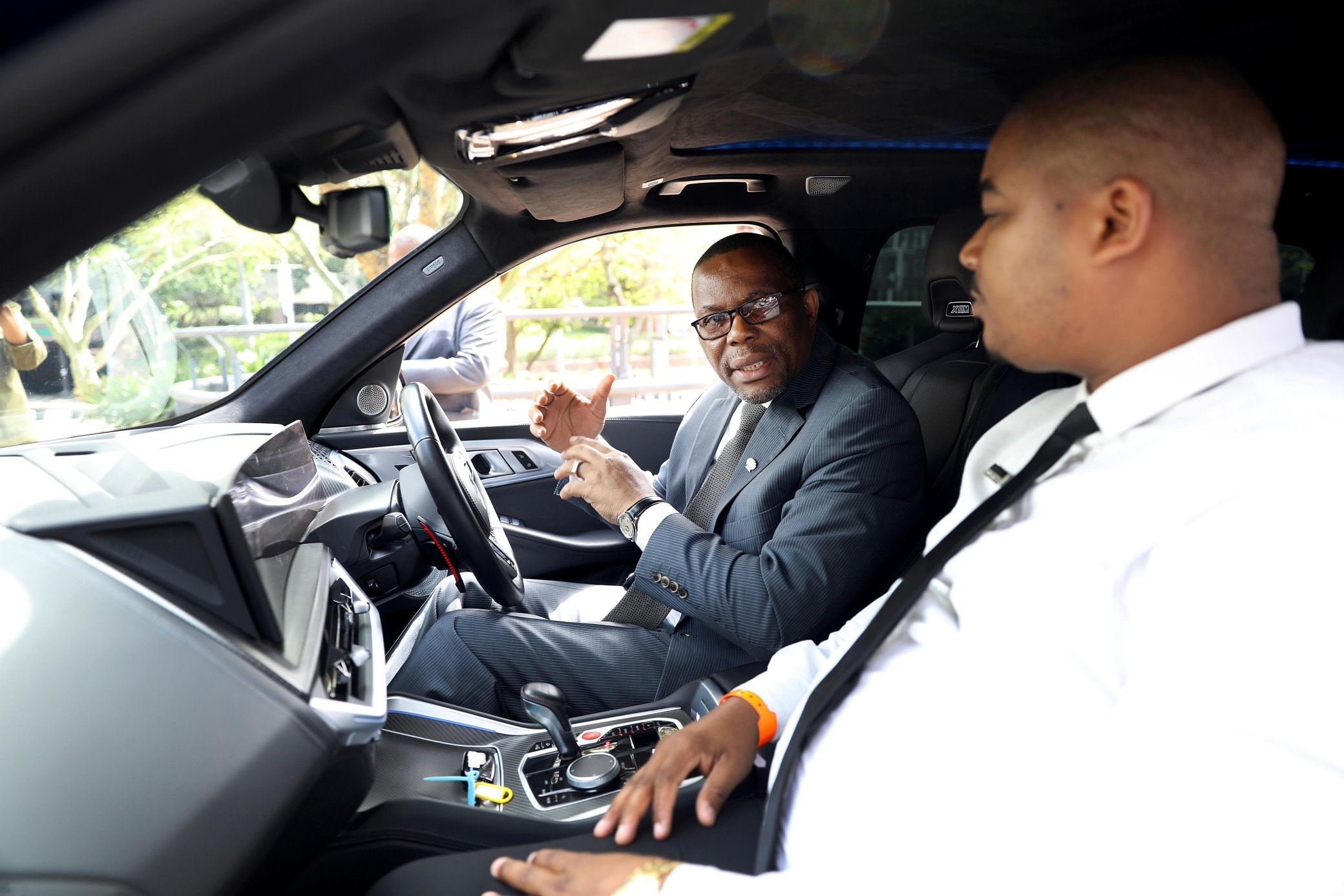Durban is a multi-cultural city filled with many different people who each have their own needs and expectations of a public transport system. Universal access is the term used to describe a transport system that accommodates the many different needs of passengers. These needs go beyond physical requirements; they also include passengers with learning disabilities, the elderly, pregnant women and others.
Research has shown that up to 65% of those that will be utilising the GO!Durban transport system will fit a special category of needs. GO!Durbans infrastructure will be based on providing the safest, most comfortable and the most convenient design solutions for those with special hearing, sight, communication, physical, intellectual and emotional needs. Space is also an important factor in designing a transport system. Strollers, prams and wheelchairs are often affected by a lack of turning space in toilets, stairwells and narrow doorways and require special consideration during design. To create an environment that grants wheelchair users independence, other facilities such as lifting devices and escalator access will be both considered and implemented.
Education also plays an important role in the GO!Durban project as it affects the way passengers use the GO!Durban transport system. The system will provide both tourists and all other users with easy communication on routes and services. These are just a few of the categories that will be covered by the universal access design. Other user groups include senior citizens, people with permanent physical limitations as well as temporary impairments, pregnant women, obesity, languages and many more.
In order to ensure that full accessibility is provided to all, it is necessary to understand peoples needs, wants and provide the support they require to meet these expectations. These groups have all been analysed in terms of their transport needs and will aid GO!Durban in establishing eThekwini as Africas most caring and liveable city by 2030.





